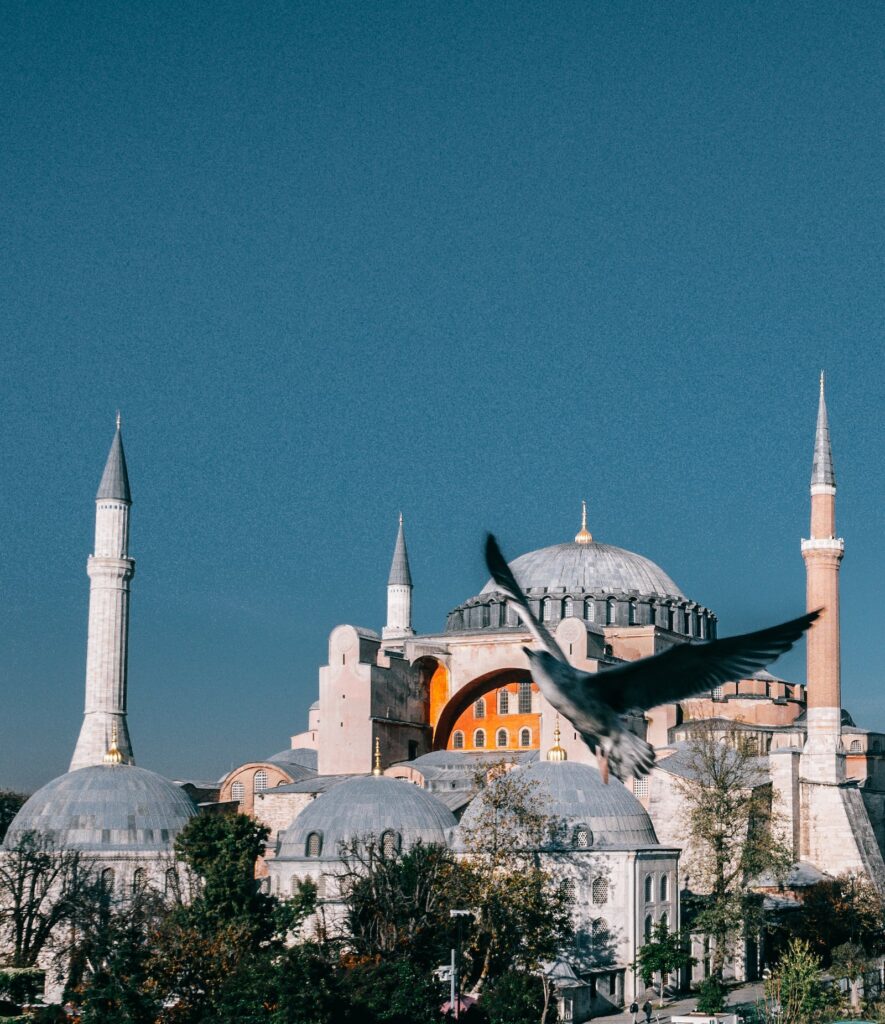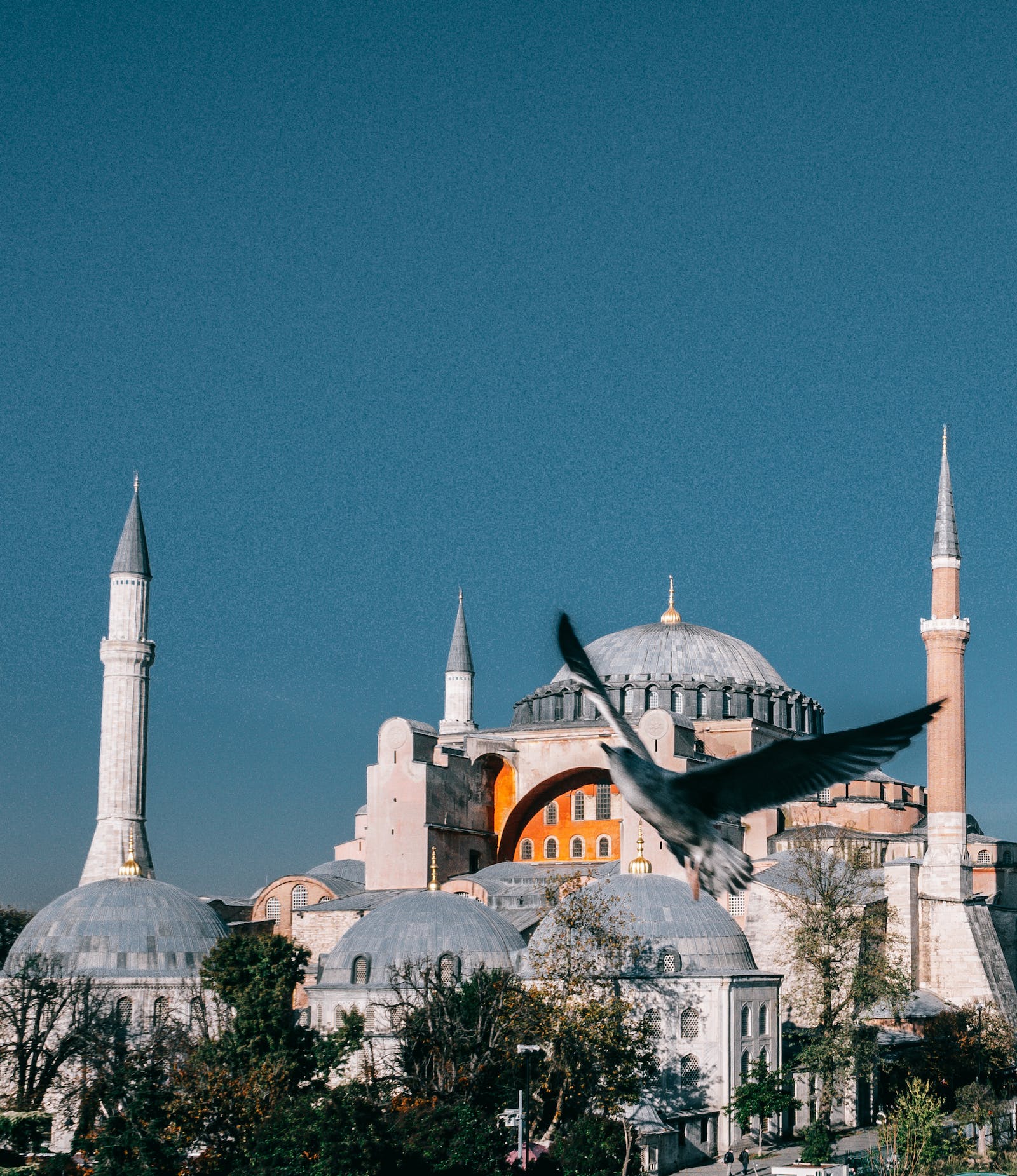Istanbul, the largest city in Turkey, is a metropolis rich in history and cultural significance. But what does the name “Istanbul” mean? The name is derived from the Greek phrase “εἰς τὴν Πόλιν” (eis tin Polin), which means “to the city” or “into the city.” Over time, this phrase was slurred into “Istanbul,” a testament to the city’s importance as a prominent cultural, economic, and social hub.

From Byzantium to Constantinople to Istanbul
The city now known as Istanbul has had several names throughout its long history, each reflecting a different period and power. Originally founded as Byzantium by Greek colonists in 657 BCE, it was later renamed Constantinople in honor of the Roman Emperor Constantine the Great, who made it the new eastern capital of the Roman Empire in 330 CE.
Following the fall of the Byzantine Empire and the city’s conquest by the Ottomans in 1453, it was often referred to as “Kostantiniyye,” the Arabic form of “Constantinople,” along with other names like “Dersaadet” meaning “the Gate of Felicity,” and “Asitane” referring to “the Threshold.” However, among the public, the term “Istanbul” gradually gained usage due to its colloquial simplicity and over time became the universally accepted name.
Official Recognition of Istanbul
Despite the common usage of “Istanbul” among its residents, it wasn’t until the establishment of the Republic of Turkey in 1923 that the city officially gained its current name. As part of his modernization efforts, Mustafa Kemal Ataturk, the founder of modern Turkey, mandated that “Istanbul” be used in all official and international matters, marking the end of the city’s historical names in an administrative context.
Symbolic Meaning
The term “Istanbul,” signifying “to the city,” symbolizes the city’s historical role as an important center for various empires. It underlines the significance of the city as a destination, a place where people from various backgrounds have converged for centuries, shaping its unique blend of cultures and identities.
Conclusion
In conclusion, Istanbul, meaning “to the city,” reflects not just its geographical importance, but its rich historical and cultural heritage. It’s a name that evokes the city’s vibrant past, its dynamic present, and its promising future, reinforcing Istanbul’s position as one of the world’s most captivating cities.

